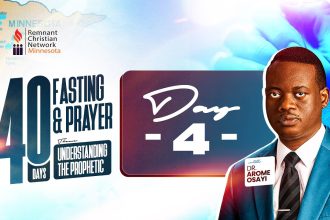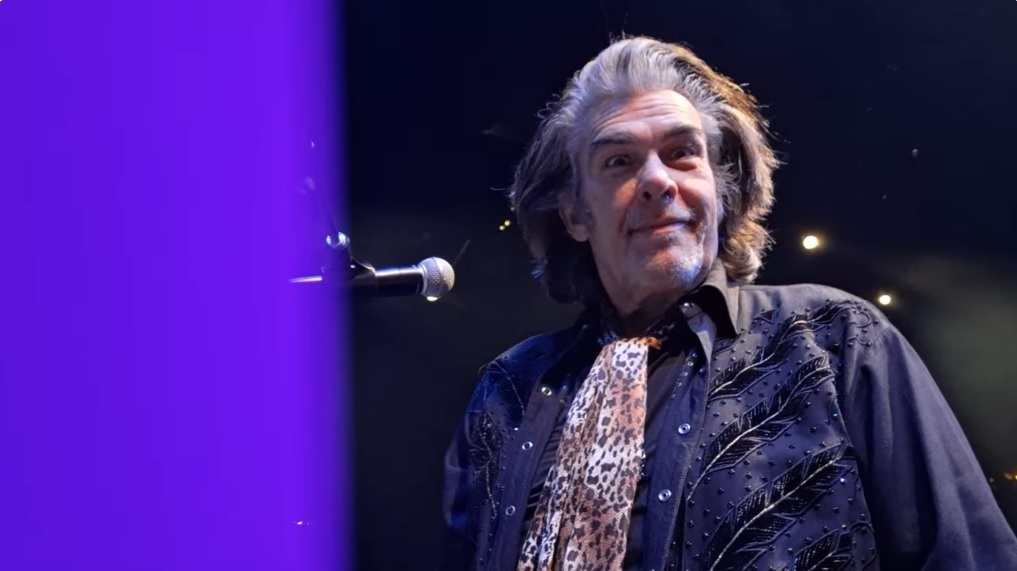
The son of The Oak Ridge Boys’ baritone singer William Lee Golden, Christian songwriter William “Rusty” Golden, died in his home in Hendersonville, Tennessee, last week.
Golden, 85, announced his 65-year-old son’s death on his official X account last week, thanking fans for the love and support and requesting privacy at this time.
“This is the hardest thing ever for a father to have to face. I love my family more than anything,” Golden said in a statement. “Rusty was a great musician, a talented songwriter, and a wonderful son. We appreciate your thoughts and prayers for the days ahead. I love you, son.”
The press statement included a quote from Rusty Golden in which the late songwriter declared his faith in Jesus Christ.
“Until the Lord calls me away from this world to the next, I want to make it clear that I believe in Jesus Christ as the true Lord and Savior,” Rusty Golden was quoted as stating. “I believe that Jesus is the Son of God, was sacrificed on the cross, died for our sins, and rose again. HE loves us.”
Many responded to the announcement, including the X account of the late country music singer and devout Christian Charlie Daniels, which is overseen by his family.
“The Daniels family is saddened to hear about the passing of ‘Rusty’ Golden, son of our friend William Lee Golden from The Oak Ridge Boys. Our hearts and prayers go out to the Golden family. Rest in peace, Rusty,” the family stated.
Before having a solo career, the younger Golden toured with the Southern gospel trio The Rambos, for whom he played drums starting at age 13.
In the years that followed, Rusty Golden played secular music inspired by an Elton John concert he saw in 1972 but later returned to his gospel roots. He suffered from a rocky health journey that culminated in a quadruple bypass.
Over the years, he had multiple gospel hits, including songwriting credits for “What Salvation’s Done for Me” by The Booth Brothers and “I Want to Thank You” by Karen Peck & New River.
Rusty Golden suffered from alcohol addiction and endured a journey towards sobriety, which he details lyrically in his album “Sober.”
“I tried for over 36 years to do everything my way,” he said of his alcohol abuse in an interview with The Nashville Scene. “It wasn’t so much that I was out of control. But I had a real problem. I didn’t want to believe that I couldn’t deal with it.”
“It took family members looking at me and saying, ‘You need to get help,’ of them later telling me they would rather not have me come around the way I was that finally convinced me to get help.”
“You either are part of the solution or you remain an addict. Everybody out there either knows somebody, loves somebody, or has been somebody who’s addicted. It’s something that we should always remember whenever we’re talking about addiction or dealing with it, that it is such a pervasive problem, and one where’s there no easy solution to the problem.”
Nicole VanDyke is a reporter for The Christian Post.







